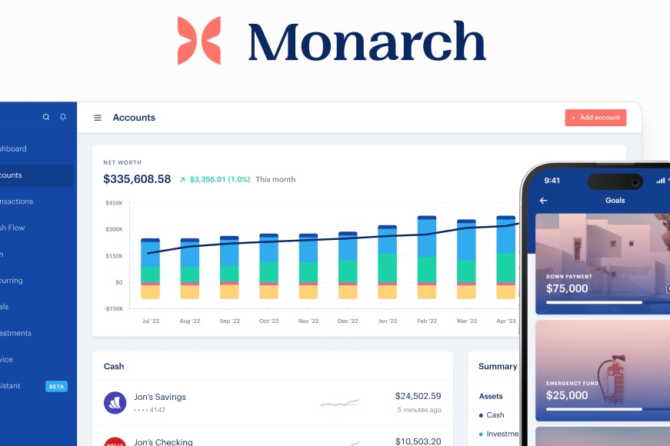Losing your job can be an overwhelming experience, but taking the right steps early on can help you regain control of your situation. Here are five crucial actions to take as soon as you receive the news.
1. Take a Moment to Breathe and Collect Yourself
This may sound cliché or obvious, but it’s important. After losing your job, it’s easy to feel anxious, fearful, and uncertain about the future. I once worked with a psychologist during my own period of unemployment, and he asked me to find the root of my fear. At that time, I knew I still had severance pay coming in, but I was acting as if I had already run out of money. I realized that the act of losing a job itself can feel like a catastrophic event. Whatever happens after that might make the situation worse, but the loss alone is painful. It’s normal to feel this way. Take a moment to collect yourself and clear your head before you pick yourself back up and take the next step. Allowing yourself this time to breathe can set the stage for thoughtful decision-making moving forward.
2. Count Your Cash
Once you’ve taken a moment to breathe, assess your financial situation. This includes calculating:
- Your current savings and checking account balances.
- Severance pay, if you’re receiving any.
- The value of unused gift cards or other liquid assets.
This can even include smaller, often overlooked items like a jar of loose change or the change you find in the cupholders of your car. Maybe you have a credit in your DoorDash account or a forgotten gift card in your wallet. Everything you have, no matter how small it seems, can help keep you afloat as you continue paying bills and maintaining your daily needs. This is like riding a sailboat over smooth waters, and then suddenly, things get choppy. You can see calm waters ahead, and all you need to do is find a way to make it there. You’ll use whatever you have to get to that point, knowing that smoother times are ahead.
3. Collect Contact Information
If you’re allowed to stay on during an offboarding period, use this time to collect contact information from colleagues, supervisors, or clients you’d like to stay connected with. Even if you don’t have the time to gather it right away, use the next 1-2 weeks to reach out to people and ask for their contact details. It will never hurt to have someone’s cell phone number or personal email on hand, just in case you need it. Be sure to connect with them on LinkedIn as well. Consider leaving positive reviews for them, and ask if they’d be willing to write one for you in return. Unfortunately, after a few weeks, people’s memories and interest can start to fade. Strike while the iron is hot—collect emails, phone numbers, and recommendations while you can.
4. Stock Up on Non-Perishable Essentials
Unemployment can be unpredictable, so it’s wise to prepare for the long haul. Stock up on household staples like:
- Detergent
- Shampoo
- Soap
- Toilet paper
- Diapers
I hope you won’t be in this period for too long, but the feeling of not knowing how to pay for basic household items can have a significant impact on your mental health and physical well-being. The inability to wash your clothes because you don’t have detergent, or to take a shower because you’re out of shampoo, will affect your physical appearance as well as your mental stability. While you can adjust to eating a lighter diet to cut back on expenses, it’s hard to have clean clothes or take care of children without diapers, soap, or other essentials. Take a few hundred dollars and buy enough of these items to last you 2-3 months, but PUT IT ASIDE. Don’t make the mistake of using it up too quickly just because you have it on hand. Be smart about it, but having this supply at home—even in a storage room or garage—will be a big help when you need it.
5. Evaluate and Trim Subscriptions
Review your monthly subscriptions, such as streaming services, gym memberships, or meal kit deliveries. While these might seem minor, they add up quickly. Consider canceling or pausing any non-essential services to stretch your resources further.
I didn’t realize I had the most expensive Netflix subscription. I downgraded from the $20+ plan to the $6.99 option, even though this plan has ads. I didn’t want to cut Netflix completely, but saving ~$15 a month felt good. I also adjusted my Disney Plus bundle by cutting out ESPN, and I canceled an Alexa skill that I was paying $1.99 a month for. These small changes added up, and every dollar saved makes a difference.
Final Thoughts
Losing your job isn’t easy, but these immediate steps can help you stay grounded, maintain financial stability, and prepare for the next phase of your career. By taking proactive measures, you can turn a challenging situation into an opportunity for growth and renewal.











